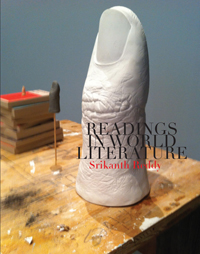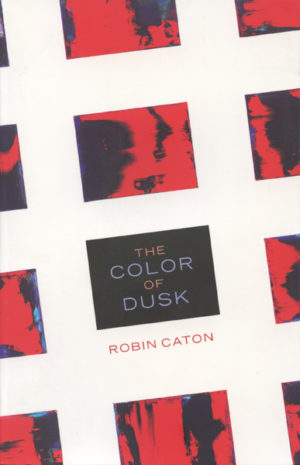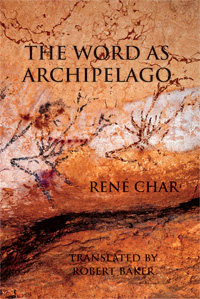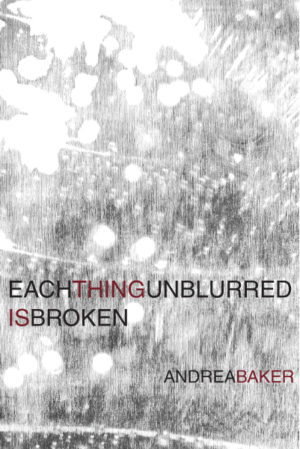Description
Readings in World Literature is the daybook of a speaker haunted by the prospect of perpetual night. Cast in the form of lecture notes for an imaginary course in the humanities, this extended prose sequence combines academic satire, a survivor’s memoir, translations from obscure works of world literature, and a postmodern journey through the underworlds of various cultures. Accompanied by a class full of skeptical students—“some in headscarves, some, occasionally, dressed in fatigues”—the quixotic protagonist of this volume undertakes to scale the Tower of Babel that is world literature, and learns, in the process, that learning itself may count for precious little in the final reckoning. “Contrary to the accounts of Mu Lian, Odysseus, and Kwasi Benefo,” this speaker discovers, “it is not customarily permitted to visit the underworld. No, the underworld visits you.”
About the Author
Reviews
Excerpt
Srikanth Reddy’s first collection, Facts for Visitors, received the Asian American Literary Award for Poetry in 2005. His second book, Voyager, was published by the University of California Press in 2011. A graduate of the Iowa Writers’ Workshop and the doctoral program in English at Harvard University, Reddy is currently an assistant professor at the University of Chicago.
Reddy’s real literary precedent is hidden in plain sight: the journey to the underworld is the oldest literary topos of them all. Every literature course is in large part a dialogue with the dead. Pound knew this, beginning his Cantos with a translation of a Renaissance Latin translation of Odysseus’s visit to the underworld, where he will learn how to get home by listening to the shades. Reddy’s poem is a fresh, witty, and moving restatement of this wisdom. Death is always near—a zombie on the doorstep or a phone call with test results—and converse with the dead may be our best resource for facing it.
In an era of drone strikes, who might the audience for Poetry be let alone World Civ? Less of a lesson planner than facts turned into fiction (or is it fictions turned into fact), Srikanth Reddy’s opus launches us into the mind of an Imaginary Instructor who tries to corral his wayward undergrad flock (decked out in “headscarves and fatigues”) even while he battles melanoma on the side, finding strange comfort in etymologies, translations and obscure histories as he sallies forth each day, only to return home with spoils to daughter and wife who patiently await in their igloo.
7
I promised my wife that I would call Dr. Song today. After putting the baby down for her nap and slipping outside for a smoke, I lifted the receiver. The sound it emitted, which I have heard without pause countless times before, seemed to me otherworldly now, like somebody’s finger playing upon the wet rim of a crystal bowl in a derelict theater before the wars. I can’t say how long I stood there listening. It may have been seconds or seasons. The rings of Saturn kept turning in their groove. For reasons I do not fully understand—my unit on Dante was not scheduled until the following quarter—I dialed 1-800-INFERNO, and, before the first ring, a woman’s voice answered in heavily accented English: “Is it you?” “I think so,” I replied. Outside my window, the honey locusts sprinkled their pale spinning leaves. Focusing on one as it fell seemed to slow the general descent. “Oh creature, gracious and good / traversing the dusky element to visit us / who stained the world with blood,” the woman recited as if reading, against her will, from a prepared text. I could hear rain trickling in a gutter spout on the other end of the line. “Please remove my name from your list,” I said, and placed the receiver back in its cradle.




